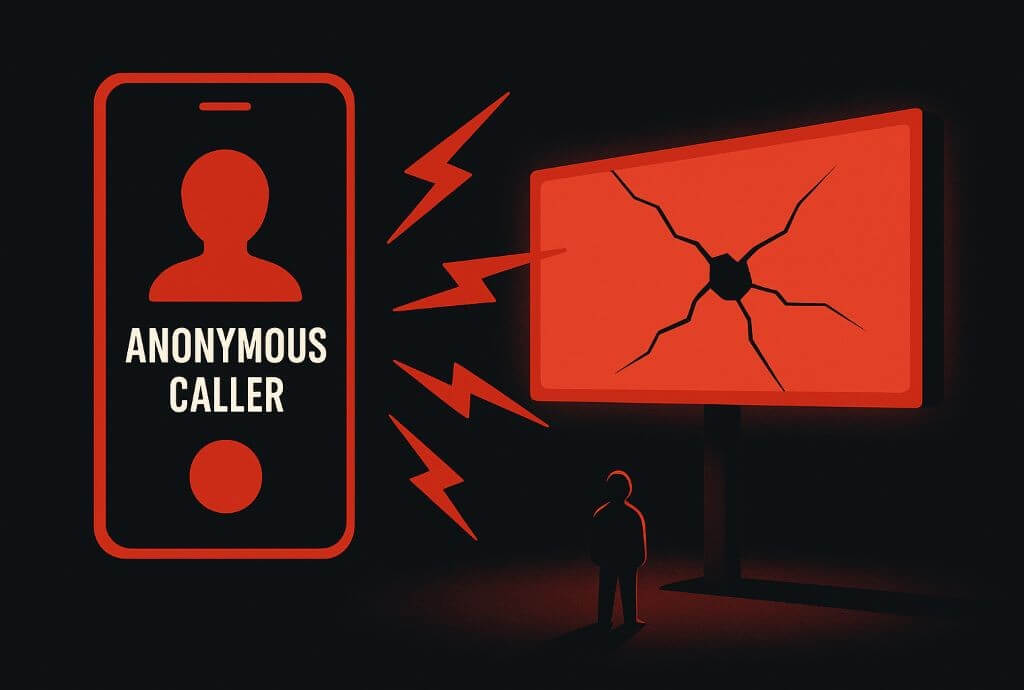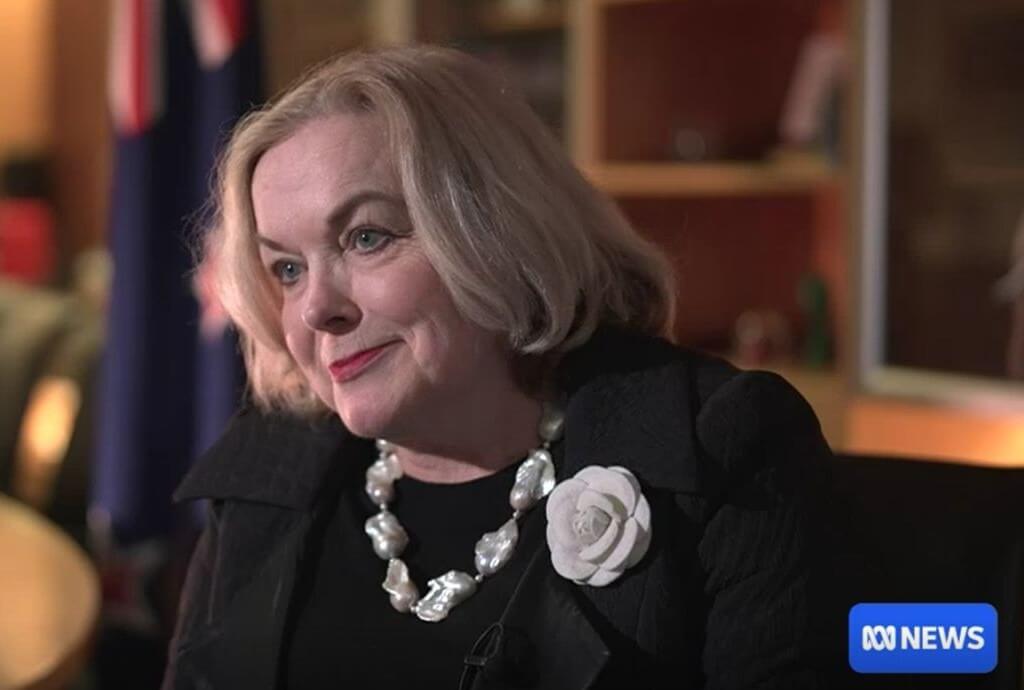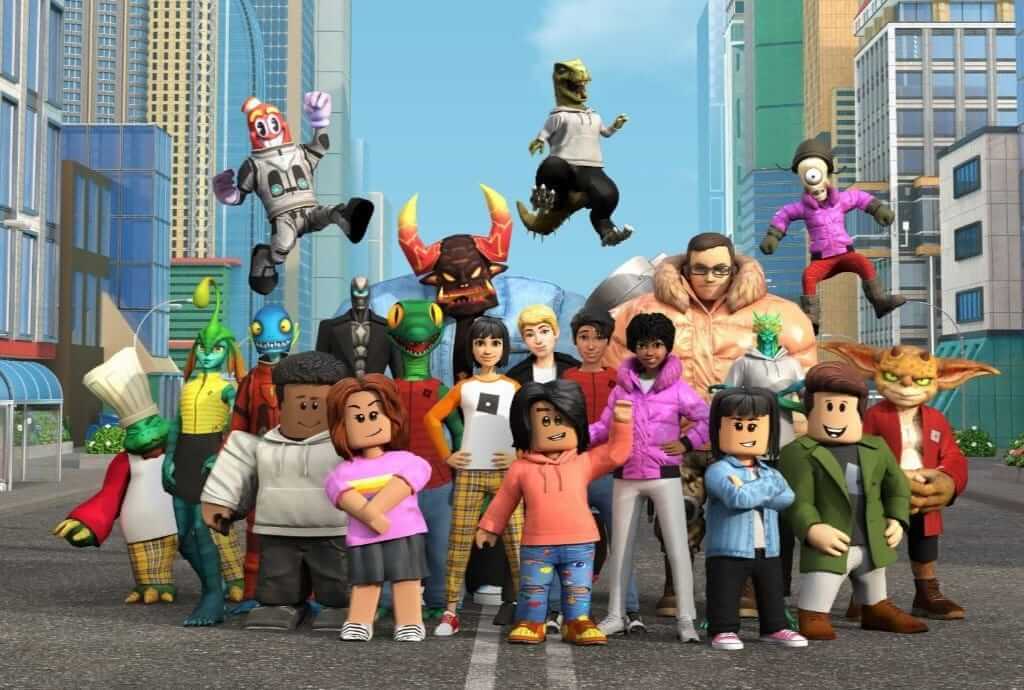In brief
- He Puapua is a 2019 Government report seeking to achieve “a refocus on Māori self-determination”.
- This fundamental change to the constitution of New Zealand was kept hidden until after the 2020 election.
- The Labour Government is continuing the wide-ranging agenda while denying it is policy.
A foundation of secrecy and division

In 2007 the United Nations issued its non-binding Declaration on the Rights of Indigenous Peoples. Helen Clark’s Labour Government did not support the Declaration as it was “fundamentally incompatible” with New Zealand’s constitution and “implies indigenous peoples have rights that others do not.” Minister of Māori Affairs Parekura Horomia also said it “appears to require recognition of rights to lands now lawfully owned by other citizens, both indigenous and non-indigenous. This ignores contemporary reality and would be impossible to implement.”
In 2010 John Key’s National Government signed the Declaration, on the proviso that progressing Māori rights occurs within New Zealand’s “current legal and constitutional frameworks”. National announced its signing after the fact, saying it was only “symbolic and aspirational”. National’s coalition partner ACT condemned the move, saying it violated their “no surprises” agreement with the Government and would give Māori rights above other New Zealanders.
In August 2019 Ardern’s Labour Government set up a working group to plan to implement the Declaration, but without the constitutional protection laid down by National, and it delivered a report to Nanaia Mahuta. Called He Puapua, meaning “A break”, the report seeks to achieve “a refocus on Māori self-determination”.
The controversial plan was only revealed after the 2020 election, meaning the Government cannot claim to be acting under a mandate from voters.
Deep transformation without public debate
The full report was hidden from the public until early 2021 when a copy was obtained by NZCPR. It includes statements like “Law, policy, processes and entities will support a bicultural system of governance and management.” This caused much controversy, with both Opposition leaders saying it amounted to radical constitutional change by stealth.
Prime Minister Ardern claimed the report wasn’t released publicly over concern it could be misconstrued as Government policy. However it clearly was being treated as policy: Then National Party leader Judith Collins identified 6 major programs already underway that followed He Puapua:
- New history curriculum for students aged 5-15, shaped around the consequences of colonisation and the effects of power
- Three Waters, with iwi veto over water control
- Māori wards in local government
- Resource Management reform
- Transferring Department of Conservation land and assets to iwi
- Separate Māori healthcare in creation of the Māori Health Authority
The report calls for a plan led by the Human Rights Commission “to build alliances and shape the public conversation about constitutional arrangements”. And also to “frame the narrative and process for constitutional change with the wider public”, so that by 2040 a new constitution will be in place that will allow the Government “to share power with Māori in our constitutional arrangements”.
We can see this shaping of the narrative underway, with help from the $55m of taxpayer funding of media organisations that agree to the He Puapua interpretation of Te Tiriti. This has led to much of the public being in the dark about the fundamental change in governance, law and democracy that is being conducted in their name.
The Declaration is non-binding, and New Zealand could withdraw from it at any time.
Correction
27 March 2023: The He Puapua report was initially obtained by NZCPR, not the National Party. They published a heavily redacted version in early March 2021, and a short time later a full version, which was circulated.



















